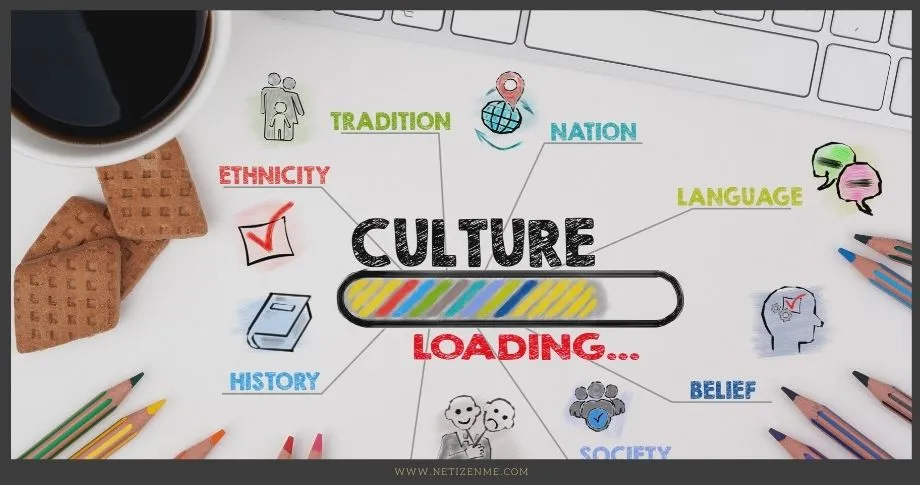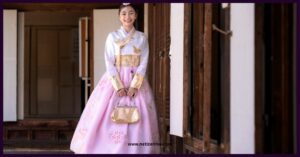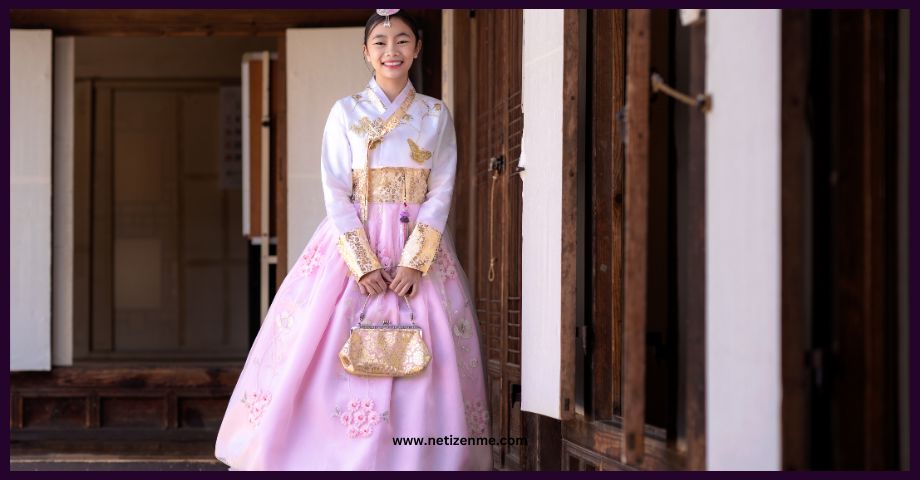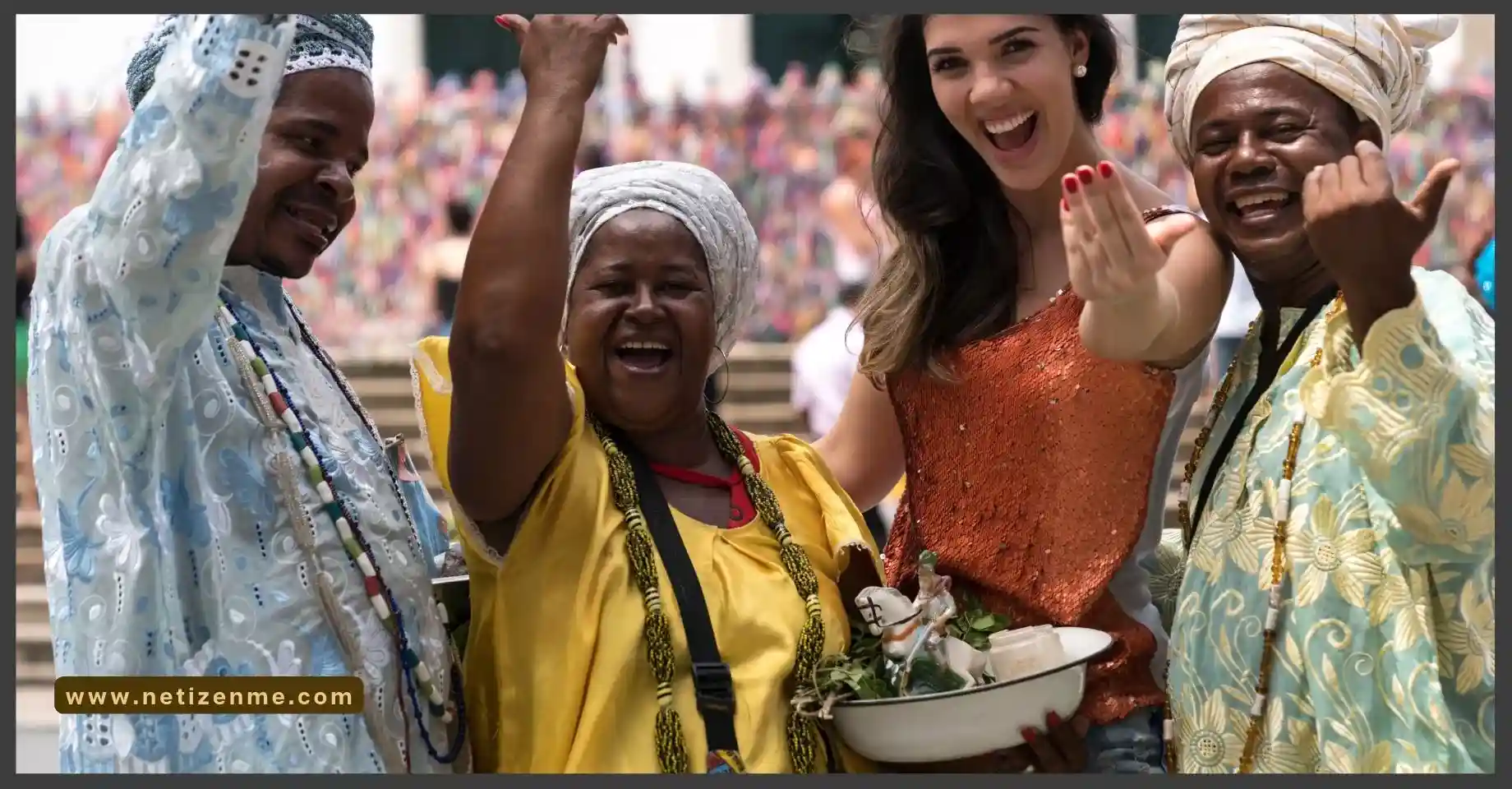Communities have certain cultures that are different from those of other communities. So, it is not unusual to observe that people from different communities have divergent cultural characteristics, such as distinct values and behaviors in some areas.
Divergence in Cultural Practices
What is divergent culture?
Divergent culture is when two cultures have different ways of doing things. This can be due to geographical location, historical influences, or personal preference. For example, divergent cultures may have different ways of greeting each other, preparing food, or celebrating holidays. While some people may see these differences as a source of conflict, others see them as a richness that can be shared and celebrated. An example of this can be seen in the way that traditional Chinese medicine and Western medicine developed differently. Western medicine focuses on biomedical treatment, while traditional Chinese medicine takes a more holistic approach. As a result, the two systems have diverged significantly.
What are Divergent Cultural Characteristics?
- Individualist vs. Collectivist
- Explicit rule vs. Implicit rule
- Uncertainty-accepting vs. Uncertainty-rejecting
- Time Orientation (monochronic vs. polychronic, short term vs. long term)
- Masculine vs. Feminine Orientation
- Direct vs. Indirect
- Materialism vs. Relationships
- Low-power vs. High-power Distance
Deep Dive into Divergent Cultural Characteristics
Individualistic versus Collectivist Cultures
In individualistic cultures, there is great emphasis on self. The focus is on individuals and their unique traits. Such a culture produces self-dependent individuals who seek to conquer situations independently. Seeking help from others is usually not an option. It is a different scenario for people who grew up in a collectivist culture. They are raised to believe in the power of togetherness and having close-knit people. In this culture, there is a strong emphasis on sharing and considering the needs of others before decisions are made.
Explicit-Rule Cultures versus Implicit-Rule Cultures
A key difference between the two cultures is that while the clarity of the former values, the latter is based on careful observation. In an explicit-rule culture, rules and guidelines to be followed are clearly stated. There is usually no room for personal interpretations or misunderstandings. On the other hand, in implicit-rule cultures, the rules and guidelines are known without being said directly. People are involved in understanding from cues, tones, and body language what is to be done and how it is to be done. To fit into such a culture will require patience and close observation of the community’s behavior. It also helps to ask questions.
Short-Term versus Long-Term Orientation
In short-term orientation, there is the expectation of immediate results; if it does not happen, disappointment follows. The focus is usually on the past and present more than it is on the future. Traditions are esteemed and maintained, and a culture of reciprocity is observed. There is also more focus on personal traits. The same cannot be said of a community with a long-term orientation. In such a community, value is placed on persistence and perseverance. There is a focus on the future, and goals are for the long run. The action of an individual is seen to transcend that individual and affects the present family members and many generations.
Why divergent cultural characteristics are important?
It is essential for people to learn and understand the differences in cultural practices. By understanding these practices, people can better coexist with others from different cultural backgrounds. Additionally, it can lead to a greater appreciation for the richness and variety of cultures worldwide.
Read more about Civilization, Culture, and Belief.
Reference:
(01) saylordotorg.github.io. 2020. Intercultural and International Business Communication. Retrieved on 30 December 2020 from (URL)
- Christmas Traditions Around the World: A Cultural Exploration

- Korean Hanbok: Tradition & Fashion

- Korean Persimmons: Symbol of Transformation and a Cultural Icon

This article is written by:
Our professional writers and editors are passionate about sharing high-quality information and insights with our audience. We conduct diligent research, maintain fact-checking protocols, and prioritize accuracy and integrity to the best of our capacity.
You can cite our articles under the author name "Netizenme"








